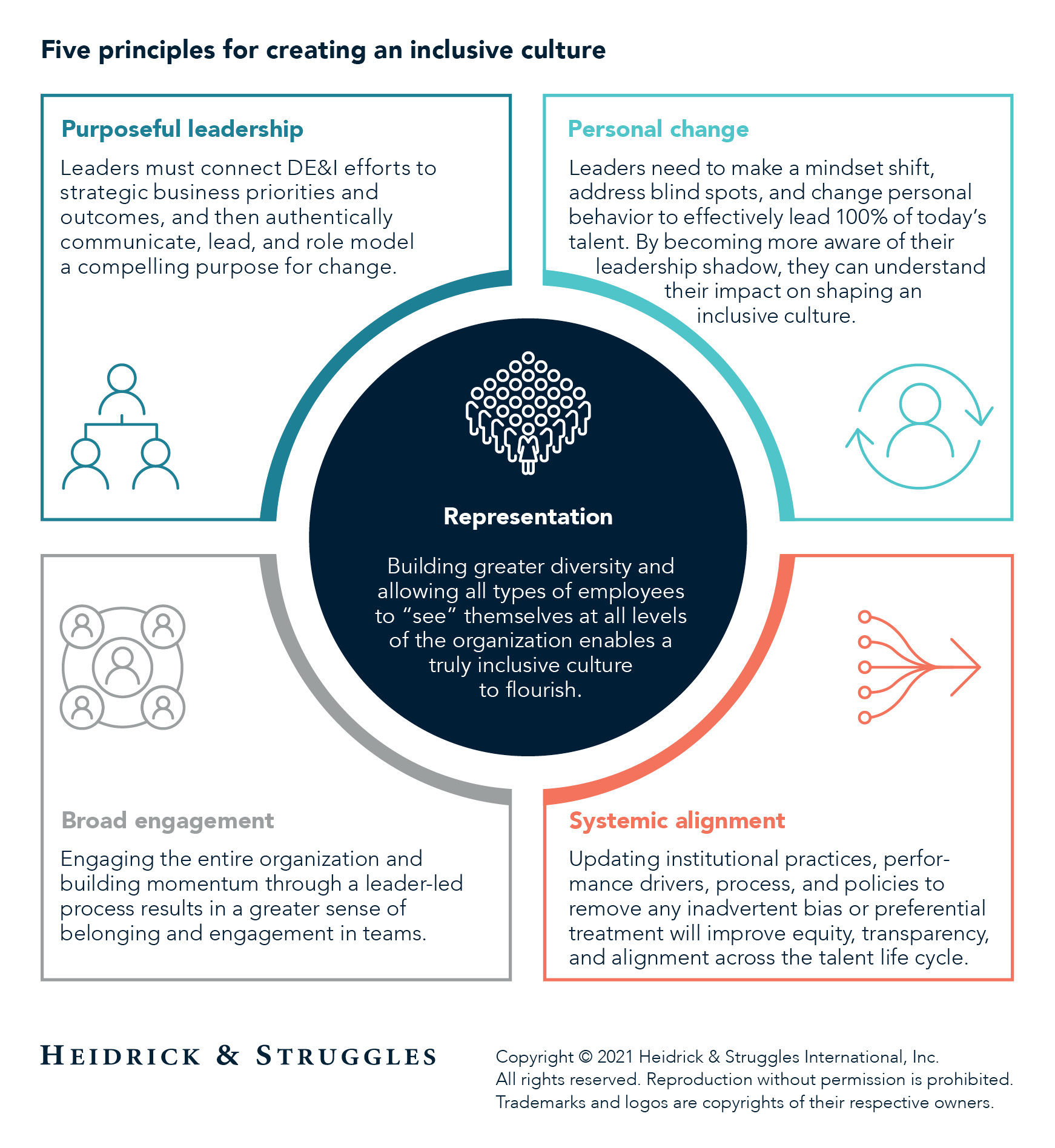Embracing Diversity: The Key to Success
In today’s modern world, businesses are recognizing the importance of diversity in the workplace more than ever before. Embracing diversity is not just a buzzword or a trendy concept – it is essential for the success and growth of any organization. Building an inclusive business culture that values and celebrates diversity can have a profound impact on the overall success of a company.
Creating a diverse workforce means bringing together individuals from different backgrounds, cultures, genders, races, and experiences. This diversity can lead to a variety of perspectives and ideas that can drive innovation and creativity within the organization. When employees feel valued and respected for their unique qualities, they are more likely to be engaged and motivated in their work.
Embracing diversity also fosters a sense of belonging and inclusivity within the workplace. When employees feel included and accepted for who they are, they are more likely to be loyal to the company and committed to its success. This sense of belonging can lead to increased employee morale, productivity, and overall job satisfaction.
Furthermore, embracing diversity can also have a positive impact on the company’s bottom line. Studies have shown that diverse teams are more innovative and make better decisions, leading to increased profitability and growth. By embracing diversity, businesses can tap into new markets, attract top talent, and better understand the needs and preferences of a diverse customer base.

Image Source: heidrick.com
In addition to the business benefits, embracing diversity is also essential for creating a more just and equitable society. By promoting diversity and inclusion in the workplace, businesses can help break down barriers and promote equality for all individuals. This can have a ripple effect that extends beyond the workplace and into the broader community.
To truly embrace diversity, businesses must go beyond simply hiring a diverse workforce. They must also create an inclusive environment where all employees feel valued, respected, and supported. This can be achieved through policies and practices that promote diversity and inclusion, such as diversity training, mentorship programs, and employee resource groups.
It is important for businesses to take a proactive approach to embracing diversity and creating an inclusive business culture. This means actively seeking out diverse candidates, providing resources and support for employees from underrepresented groups, and fostering a culture of respect and acceptance.
In conclusion, embracing diversity is not just a moral imperative – it is also essential for the success and growth of any organization. By building an inclusive business culture that values and celebrates diversity, businesses can drive innovation, attract top talent, and create a more just and equitable society. Embracing diversity is the key to success in today’s diverse and rapidly changing world.
Fostering Inclusion for a Thriving Workplace
In today’s fast-paced and competitive business world, companies are constantly looking for ways to gain a competitive edge. One of the most effective ways to do this is by fostering an inclusive business culture. Building a workplace where everyone feels valued, respected, and included is essential for success. In this article, we will explore why fostering inclusion is crucial for creating a thriving workplace.
First and foremost, fostering inclusion in the workplace leads to a more diverse and innovative team. When individuals from different backgrounds, experiences, and perspectives come together, they bring a wealth of ideas and insights to the table. This diversity of thought can lead to more creative problem-solving and innovative solutions. By fostering an inclusive environment where all voices are heard and valued, companies can tap into the full potential of their workforce.
In addition to fostering creativity and innovation, a culture of inclusion also leads to higher employee engagement and satisfaction. When employees feel included and supported, they are more likely to feel motivated and committed to their work. This sense of belonging can lead to higher levels of productivity, as well as increased loyalty and retention rates. Inclusive companies are also more likely to attract top talent, as job seekers are increasingly looking for employers who value diversity and inclusion.
Furthermore, fostering an inclusive business culture is essential for creating a positive and supportive work environment. When employees feel included and respected, they are more likely to collaborate effectively and support one another. This sense of camaraderie can lead to stronger team dynamics and a more cohesive work environment. Inclusive companies are also more likely to have lower levels of conflict and turnover, as employees feel valued and supported in their roles.
Another important aspect of fostering inclusion in the workplace is the impact it has on employee well-being. When employees feel included and supported, they are more likely to experience greater levels of job satisfaction and overall well-being. Inclusive companies are also more likely to prioritize employee health and wellness, leading to lower levels of stress and burnout. By fostering a culture of inclusion, companies can create a workplace where employees feel safe, supported, and valued.
In conclusion, fostering inclusion in the workplace is essential for creating a thriving and successful business. By building a culture where diversity is embraced and all employees feel valued and included, companies can unlock the full potential of their workforce. From fostering creativity and innovation to promoting employee engagement and well-being, the benefits of an inclusive business culture are clear. As companies continue to strive for success in today’s competitive market, fostering inclusion should be a top priority.
Creating an Inclusive Business Culture: Why It Matters